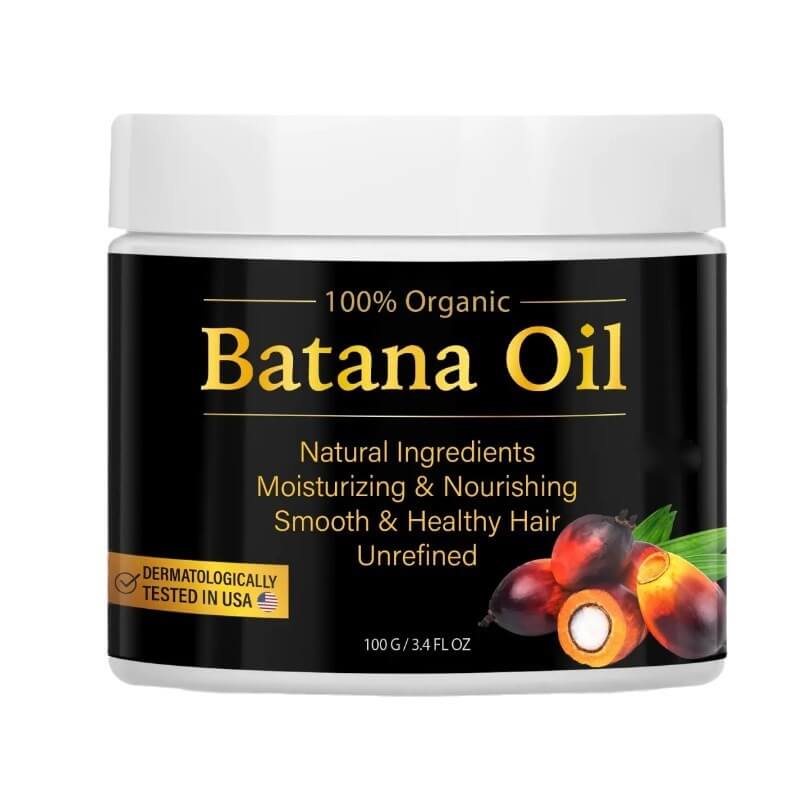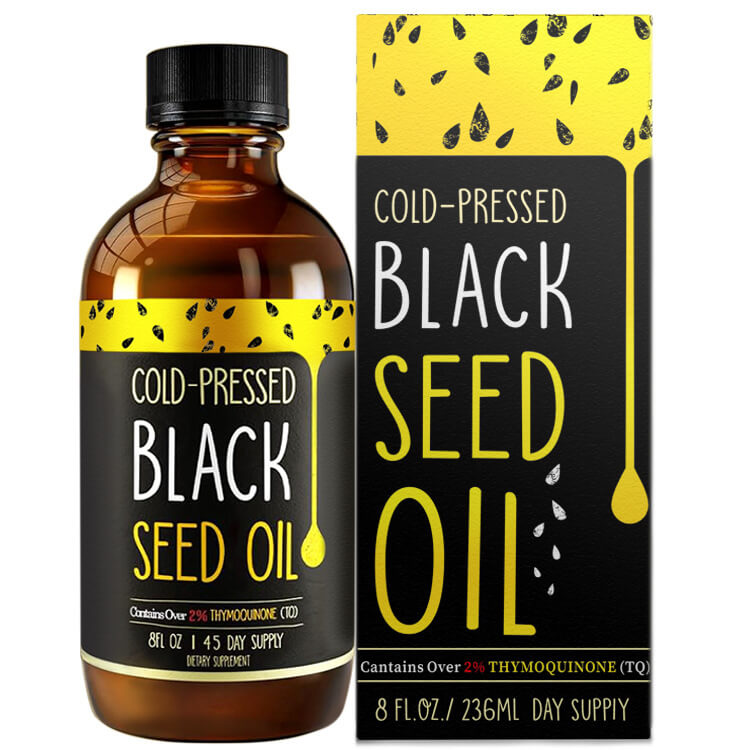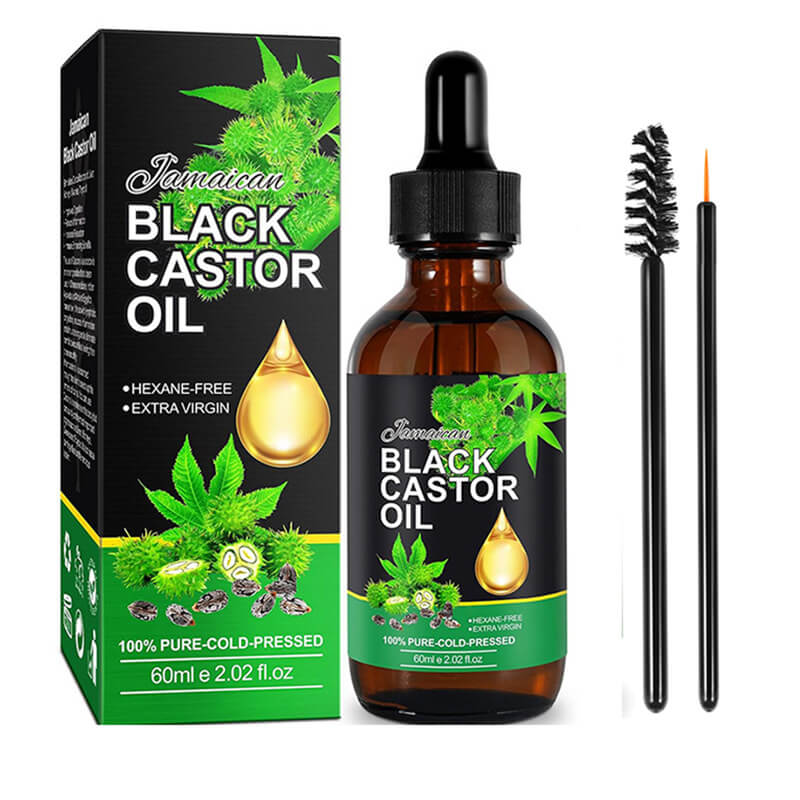Whether you’re a commercial construction project manager, a purchasing manager, an Amazon seller, or a residential homeowner, you’ll almost certainly engage with a third party or supplier at some time.
When the task of selecting a third party, especially a supplier, lies on your shoulders, the stakes are enormous. When deciding which supplier is appropriate for your project, we feel the following elements are the most significant.
To thrive in today’s competitive market, you need high-quality, reasonably priced, and consistently supplied raw materials and services to manufacture the items and services your company provides. Unsurprisingly, appropriate supplier sourcing and assessment is the first stage in obtaining these goods and services.
You know you need good suppliers, but they don’t materialize out of anywhere in your supply chain. It is critical to follow best practices and invest the time required to turn potential suppliers into trusted partners to build strong, strategic, and proactive partnerships with reputable suppliers.
Why Supplier Evaluation Is Important?

Source: Freepik
By explicitly describing what you truly want from your suppliers, you will add a degree of transparency and confidence. These principles are vital to instilling because if your suppliers know exactly what to anticipate when doing business with your firm, they will be able to provide a far better level of quality.
They are also more likely to be responsive when it comes to future product and process innovation, which supports efficiency and development if they have excellent communication and clear guidance from their business partners.
When it comes to supplier evaluation forms, some of the most popular areas might vary from quality and delivery to cost efficiency and environmental consciousness. What your company must consider is which of these variables is more significant while running a sustainable production. These elements will therefore give clear recommendations to your vendors while also easing corrective tasks for your staff.
This argument goes much beyond just rating a firm on a scale. In this context, quality is a much broader term that encompasses not just the quality of the product or service, but also the complete experience of working with the business partner.
Communication and reaction time to complaints from the supplier’s side must be recorded to make an informed choice about whether the business relationship is worth your company’s time and effort.
You may make a clear judgment about whether or not to collaborate with a business partner in the future by reviewing remedial measures faced with a specific supplier using a unified and quantitative supplier assessment method. This is why we highly advise keeping track of all supplier assessments and corrective measures in one location, which will help you highlight the pros and disadvantages of your business partnerships during supplier meetings.
Supplier Selection Criteria

Source: freepik
Below are the key criteria to consider when selecting a supplier for your business:
A. Total Cost
Strategic sourcing and direct procurement teams understand that the cost of a component or service does not necessarily represent the entire cost for a firm. Transportation, logistics, and product quality may all contribute to the total cost of ownership. Yes, pricing is an essential consideration.
However, if your supplier is unable to earn a healthy profit on your business, something will suffer. And if the supplier does not trim someplace, he may discover it too late, putting his entire firm in jeopardy. And if you don’t have backup providers, this is perilous for you.
Previously, cost reductions and the lowest feasible price dominated most supply chain and supplier relationship management approaches; however, this is no longer the case. Instead, businesses are increasingly focusing on procurement as a value center for their organizations, stressing both cost avoidance and cost savings in the process.
B. Candidate Suppliers’ Experience

Source: freepik
Inquire about the supplier’s experience and the sort of experience they have. Is it connected to the industry? You are competing in a world dominated by data and digital transformation, where speed, accuracy, and insight are critical. If you find yourself waiting for your vendors to catch up, you may find yourself standing at the wayside of progress.
C. Candidate Suppliers’ Value & Enterprise Culture
Honestly and morales are extremely important while selecting the sourcing agent. It is important that the agent you select properly has social auditing processes in place.
The workplace culture at the suppliers end is crucial. If you have different business philosophy, it’s hard to achieve a win-win outcome.
D. Quality
Product quality and total cost of ownership are inextricably linked, therefore it’s no wonder that product quality is a crucial element to consider when choosing a supplier. After all, all products must be following rules to be safe and functional.
This applies not only to vendors’ adherence to specifications, but also to whether the product is packed adequately, labeled correctly, and includes agreed-upon marketing materials.
Most business owners are aware of these measures, but they rarely assess how effectively a vendor satisfies them. You must understand what influences the true cost of a supplier’s failure in any of these categories.
E. Risk Management
Globalization has worsened the difficulty of supply-chain risk management, as even sensitive items like military systems contain raw materials, circuit boards, and associated components that may have originated in locations where the system maker had no idea it had a supply chain.
Because of the increased complexity, there are more possible failure sites and higher degrees of risk. It is essential to note the risk management policies that the supplier has organized.
F. Flexibility
When it comes to building projects, there are countless uncertainties and changes that occur, necessitating flexibility on the part of all parties involved. The capacity of a supplier to collaborate with you, retain flexibility, and adjust to change is critical.
Keep in mind that, while it is simple for a provider to create a claim, evaluations and previous work typically reveal more about how a supplier operates. Can a provider be adaptable?
Flexible providers can supply/process several tasks in addition to the one for which they are the primary supplier. It is predicted that in a cluster of flexible suppliers, providers’ flexibility would be used more expressively through improved supply chain control.
Supplier Selection Process

Source: Freepik
Let’s go through the five stages you should follow to make the best supplier selection options. The parameters for the sorts of providers you desire are a key input to the supplier selection process..
Step 1 – Scorecard for Supplier Selection
The creation of a supplier selection scorecard is the first stage in the supplier selection process.
The supplier selection scorecard includes all of the critical characteristics you look for in a provider. “What does not get measured, does not get done,” as the saying goes.
Your scorecard should be quantitative and include the following items:
- Qualities of the supplier
- Cost and pricing
- Business policies that apply
- Any limitations – management directions, government rules, existing contracts, and other commitments
Make sure you’re prioritizing your needs at this point. All of the above are significant, although some are more so than others.
Step 2 – Locate Appropriate Suppliers
Once you’ve established your selection criteria, you’ll need to build the pool from which you’ll choose a provider. You should think about the following throughout this stage of the process:
- Current suppliers – It is typically a good idea, to begin with, suppliers with whom you have prior experience and established ties.
- Past suppliers — Depending on why they are ‘past’ rather than ‘present,’
- Competitors – If the transaction is ethical and low-risk, you may be able to buy from a rival. Industry groups – many of which are non-profit and maintain databases of member firms.
- Recommendations and previous business contacts – may be formed while working at other firms
- The Internet – which provides a plethora of chances to identify, investigate, and contact potential providers
Step 3 – Scorecard Evaluation
Next, collect information from the identified suitable suppliers – maybe through a Request for Quote (RFQ) or Request for Proposal (RFP) (RFP).
Compile the data you’ve gathered and use the scorecard to rate the possible providers.
Depending on the product’s or service’s complexity and/or criticality, you may:
Choose the supplier with the highest rating – Recognize that, while you are not compelled to select the highest-scoring candidate, going too far down the list is a warning indicator that the procedure was incorrect.
Choose more than one for additional qualifying – this may involve interviews, site visits, and so on.
Step 4 – Bargain
Allow the talks to begin once you’ve cut the selection down to a reasonable number of best possibilities, potentially just one! Go to negotiate the most reasonable price and service package.
Depending on the important item or service, you may only negotiate with the top provider on your scorecard, even if others remain on the list of potentials.
Step 5 – Make a Contract
A contract is formed and signed once an agreement has been reached.
In many cases, the purchase order serves as the contract. You might establish a contract and then write a second purchase order for more complicated scenarios. In order to create the buy order, you must first activate your procurement system. This should be regular operating practice, and it should entail preparing your accounts payable process to handle the supplier invoice.
Conclusion
In today’s market, your success is determined not just by what you purchase, but also by who you buy it from. Take the time to properly examine suppliers, and choose those that provide not just cost savings, but also long-term value and the opportunity for growth, product innovation, and a greater competitive edge.
Contact a reliable Chinese sourcing agent like MatchSourcing and scout the best suppliers with them.





One Response
We are good Thing need more than this